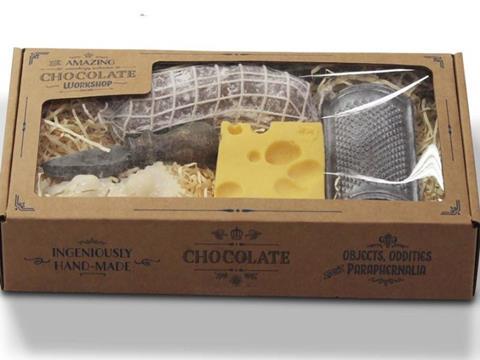
DS Smith Packaging led the packaging industry at the WorldStar Awards, taking home a grand total of 12 prizes.
The trophies were presented at a gala dinner in Dusseldorf, held as part of the world’s largest packaging trade fair, interpack. The award wins demonstrated the depth and breadth of expertise at DS Smith, recognising work across the whole of Europe and in a number of industries.
Stefao Rossi, DS Smith Packaging CEO, commented: “It’s fantastic to be celebrating our achievements alongside our fellow packaging professionals at the industry’s biggest event of the year. As all of the winning entries to the WorldStar Awards demonstrate, the packaging industry is making huge advances in sustainability, efficiency and design. These achievements deserve to be shouted about and celebrated.“The fact that DS Smith walked away far and away the most awards reflects not only our position as the leading sustainable packaging provider in Europe, but our relentless will to innovate and challenge the status quo by asking the right questions about every aspect of the supply cycle.”
DS Smith’s catalogue of award wins included entries for the following categories: Transit Point of Sale, Medical & Pharmaceutical, Electronics, Household and Luxury.
For work in the UK, six awards were presented for enabling safer transport of ceramics, flowers, and car parts, as well as a new eye catching point of sale display for luxury chocolatier The Amazing Chocolate Workshop.
Three awards were presented for projects in Germany, including a vibrant point of sale display for grocery brand Maggi, a box to reduce waste for a pharmaceutical firm and an innovative design for safeguarding a variety of delicate goods in transit.
In Spain, one award was presented for a flexible electronics product, while another was for the Octabin transit solution. The 12th award was for a project in Sweden, which involved creating octagon-shaped boxes for transporting lorry parts. The solution increased the number of packages each pallet could contain from three to four, leading to 25% lower transport requirements and nine times less incoming delivery and storage space for the producer.
More info:












